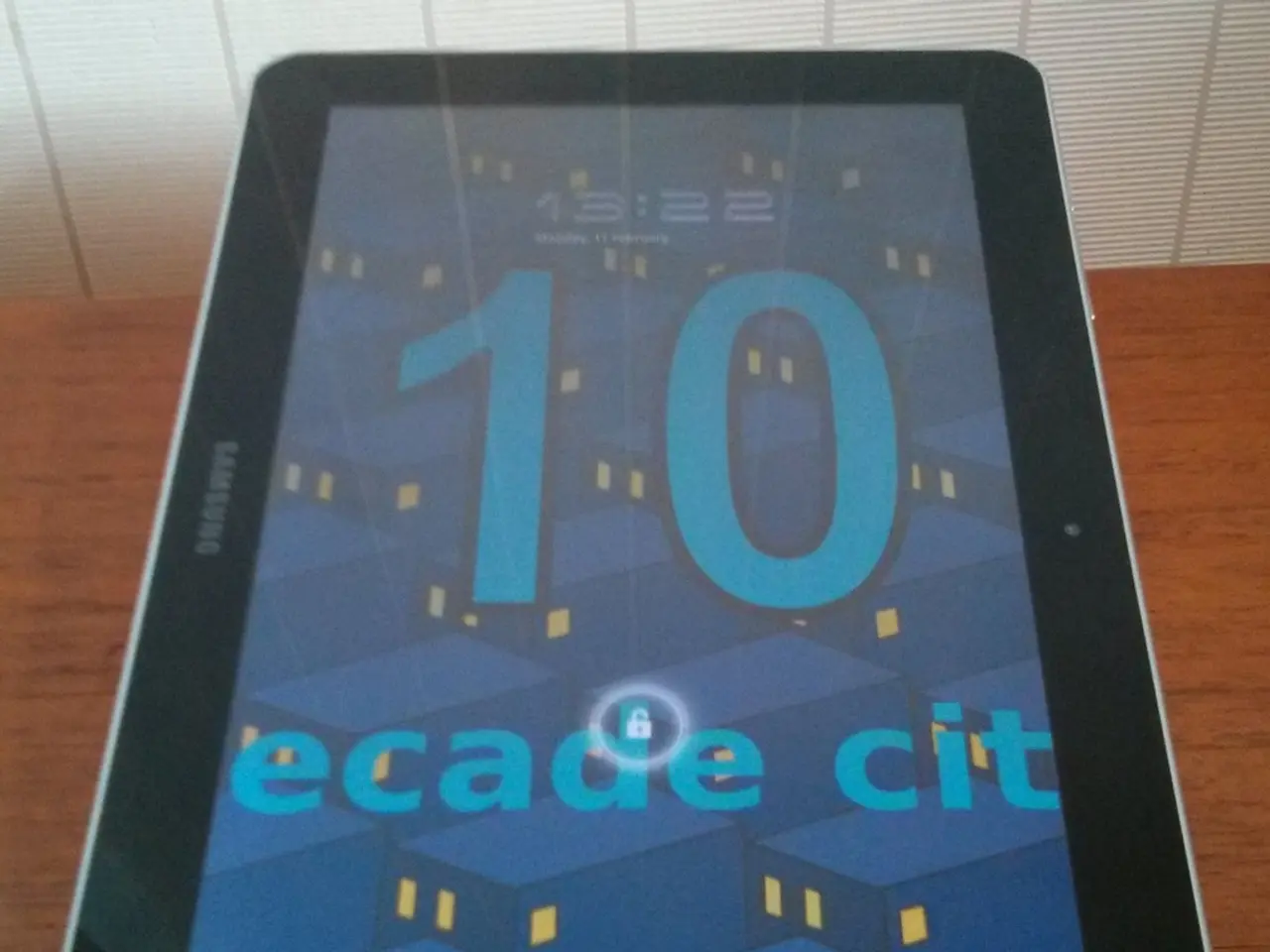Life's Pivotal Moments: The Reason Behind First-Time Events Prolonging Our Perception of Time
In our daily lives, routine activities can often blur together, making time seem to pass by unnoticed. However, first-time experiences have the power to break this monotony and enrich our lives in numerous ways.
Research suggests that our perception of time is closely connected to novelty. New experiences stand out more in our memory, making them feel longer and more impactful. This is due, in part, to the brain's dopamine system, which is involved in time perception. New experiences trigger a higher amount of dopamine, creating a sense of happiness, excitement, and engagement [1].
First-time experiences also promote neuroplasticity, the brain's ability to form new neural connections. This process enhances cognitive flexibility and contributes to a sense of well-being. The neuroscience of memory formation shows that novelty significantly impacts how we remember and perceive events, with the hippocampus and other regions of the brain working overtime to process new experiences [1].
Engaging in first-time experiences offers opportunities for self-reflection and mindfulness, contributing to personal growth. These experiences push us to discover parts of ourselves we may not have known existed. Embracing the unknown and seeking out novelty can improve mental health by boosting dopamine levels and providing a sense of accomplishment and pleasure [1].
Moreover, seeking out new experiences is an effective way to expand your social circle. Sharing first-time experiences with others significantly strengthens bonds. Engaging with unfamiliar environments exposes us to different perspectives and people, thereby broadening our social horizons [1].
Incorporating first-time experiences into our routines helps break the monotony of everyday life and makes it more vibrant. These experiences make life feel more expansive due to their impact on the brain, memory, and perception of time. The role of novelty in feeling younger is due to the brain releasing dopamine, which not only makes us feel good in the moment but also helps protect against cognitive decline [1].
To cultivate more first-time experiences, one can step outside of their comfort zone, challenge themselves with new learning opportunities, and engage in social experiences. By doing so, we can create a richer life and a sense of life being full and expansive.
In conclusion, the brain actively seeks out useful new patterns and causality during first-time events, enhancing learning efficiency [1]. This leads to stronger memory encoding and emotional salience, making the experience stand out compared to routine events [1]. The expansion of neural connections contributes to a subjective feeling of growth and novelty, making life feel more expansive and engaging.
Shared first-time experiences create lasting memories that people can look back on together. These experiences enhance the quality of our memories, making them more emotionally charged and memorable. Shared novelty promotes a sense of companionship and shared growth. Each new challenge we face provides an opportunity to build confidence and grow stronger mentally and emotionally.
First-time experiences promote personal growth by fostering resilience, building confidence, and enhancing problem-solving skills. Shared first-time experiences can deepen connections and provide opportunities for growth in social relationships. Therefore, embracing the unknown and seeking out novelty can lead to a more fulfilling, engaging, and rich life.
[1] Source: Neuroscientific Research on First-Time Experiences and Their Impact on Memory, Brain Function, and Life Perception.
Read also:
- Intense Attention Deficit Hyperactivity Disorder: Signs, Drugs, and Remedies
- Eco-Friendly Wine Farming and Production Methods
- Investigating Lead Levels in Trenton, New Jersey: A Local Study on Environmental Health
- Artificial Fuels Demystified: Could Man-Made Fuels Prolong the Lifespan of Internal Combustion Engines?







